
Boston, Mass., Feb 25, 2023 / 05:00 am (CNA).
Husbands have been separated from their wives; children separated from their parents, and thousands of civilians have been killed since Russia invaded Ukraine a year ago.
In the trailer for the Knights of Columbus’ new film, “In Solidarity with Ukraine,” Natalia Lvivska of Gostomel, one of the millions of displaced Ukrainians, said: “We were even afraid to leave the house. The road was also dangerous and scary. It’s not a movie. It’s reality.”
The documentary premieres on Feb. 26 and will run for six weeks on ABC-affiliated stations across the country.
The interview with Lvivska is one of many personal stories that the Knights of Columbus will be presenting in their new documentary about the humanitarian crisis in the war-torn nation, which its director says tells a story of “charity, solidarity, and prayer.”
“It’s the greatest refugee crisis since the Second World War,” David Naglieri, the film’s director, told CNA Friday.
Almost 18 million Ukrainians are in “dire need” of humanitarian aid, while 14 million have been displaced from their homes, according to the United Nations.
Water shortages have resulted from the disastrous conditions and electric outages spanning the nation, something that the Knights’ leader, Supreme Knight Patrick Kelly, experienced in his visit to Ukraine in December.
“Things are more difficult now in Ukraine than they were nine months ago,” Kelly told CNA in a December interview following his visit. “And we need to stay the course and continue to help them.”
The 60-minute documentary was shot over the past year, following the Knights of Columbus’ charity work in Ukraine and Poland, including Ukrainian cities such as Lviv and Kyiv, the country’s capital.
In addition to interviews with many Knights of Columbus in both Poland and Ukraine, the film features interviews with Supreme Knight Kelly; Archbishop Borys Gudziak, the archeparch of the Ukrainian Catholic Archeparchy of Philadelphia; Ukrainian Catholic Major Archbishop Sviatoslav Shevchuk; and Archbishop Mieczysław Mokrzycki of Lviv, Ukraine.
But not all interviewed are clergy or household names, Naglieri said.
The film highlights the stories of Ukrainian refugees, including a displaced couple forced to flee the country, a Polish couple who took refugees into their own home, and a family who had adopted two special-needs Ukrainian children before the war and got involved with gathering and transporting medical supplies from their local community to Ukraine.
The film also features an interview with Alexander and Danylo Fedoryka, two American brothers whose parents immigrated from Ukraine and have a Washington, D.C.-based band called Scythian, which one outlet calls a “high-energy Celtic folk-rock band.”
The brothers, who are members of the Knights of Columbus, were “heartbroken” when the war broke out and wanted to help. They began directing their fans to the Knights’ Ukraine Solidarity Fund, which fundraised for food and supplies for Ukrainian refugees.
To date, the Ukraine Solidarity Fund has raised over $20 million.
Naglieri said the biggest challenges in filming the documentary were finding a videography crew willing to work in a war-torn nation as well as working for long stretches of time.
While communicating over the phone with one of their cameramen in Kyiv, Naglieri said he would hear bombs and sirens in the distance.
“This is a real humanitarian crisis, and I think by broadcasting the images of the suffering that people are enduring, we hope to educate viewers in the United States and educate them about the need to support those who have lost everything during this war, and also to advocate and pray for peace,” he said.
The trailer can be seen below.
If you value the news and views Catholic World Report provides, please consider donating to support our efforts. Your contribution will help us continue to make CWR available to all readers worldwide for free, without a subscription. Thank you for your generosity!
Click here for more information on donating to CWR. Click here to sign up for our newsletter.




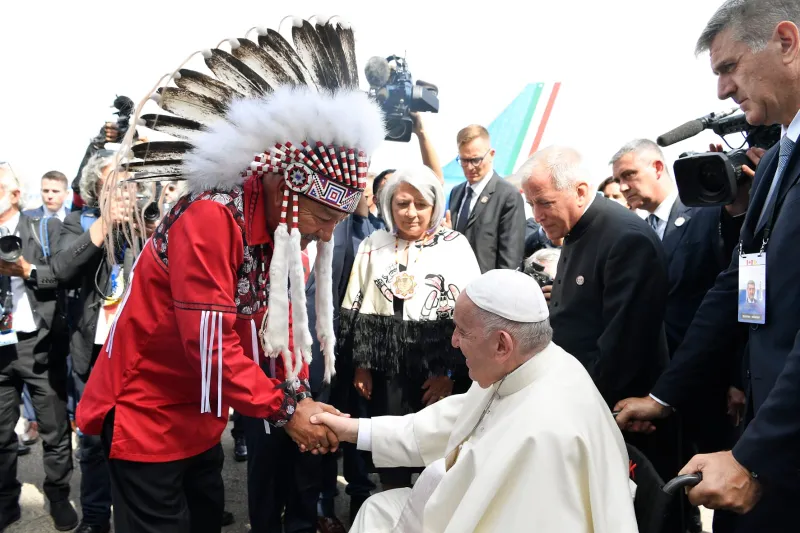
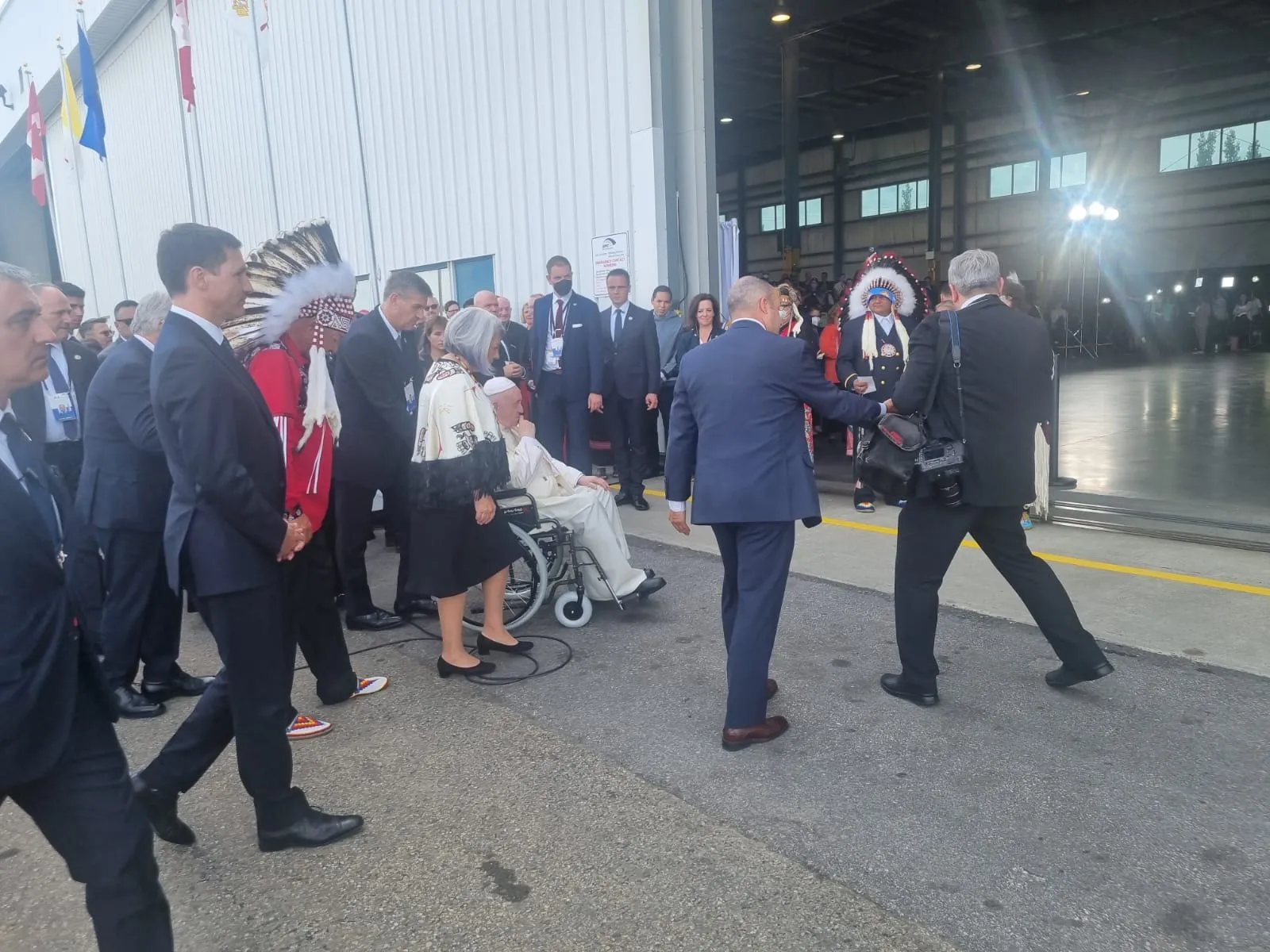
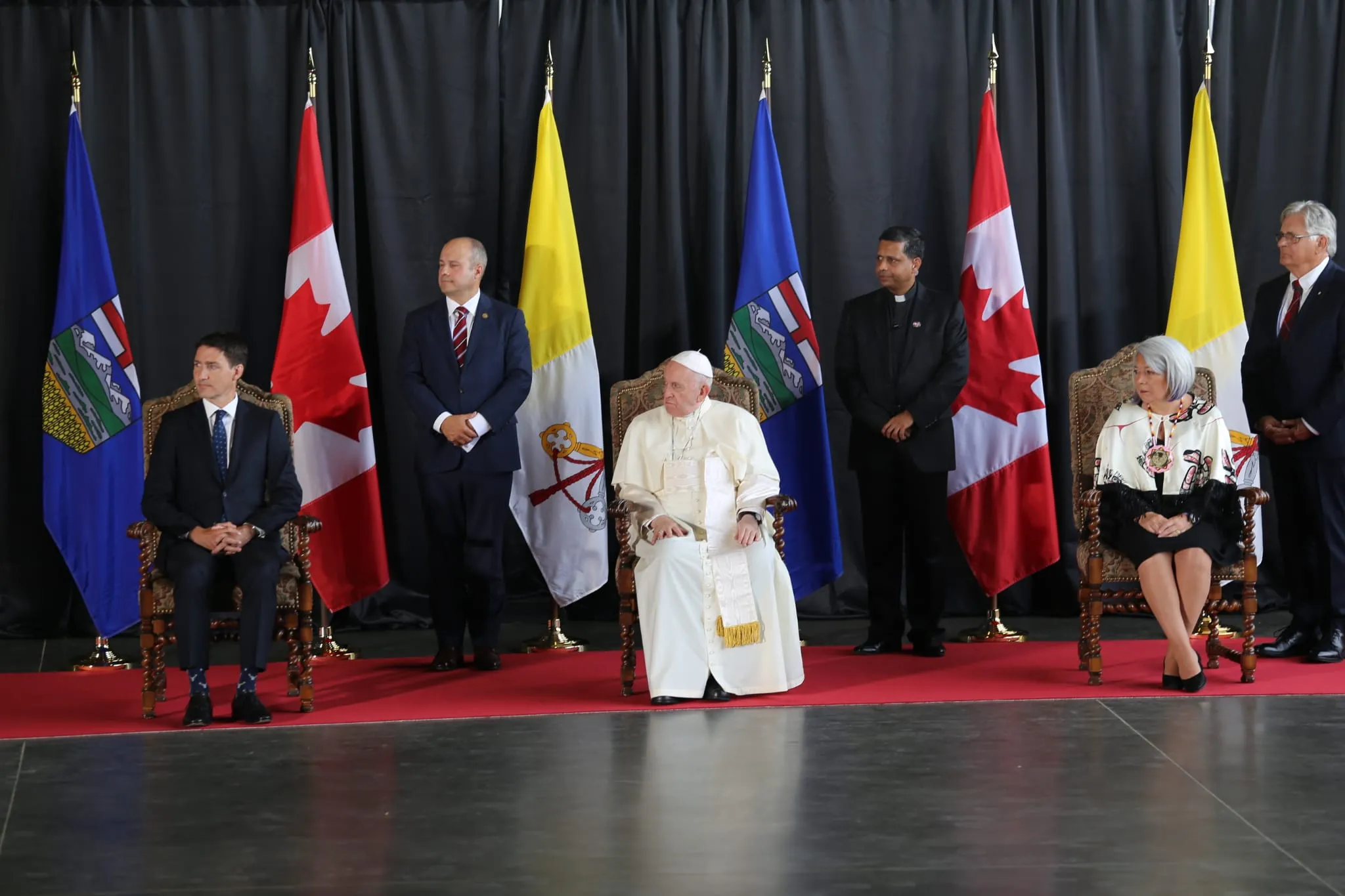

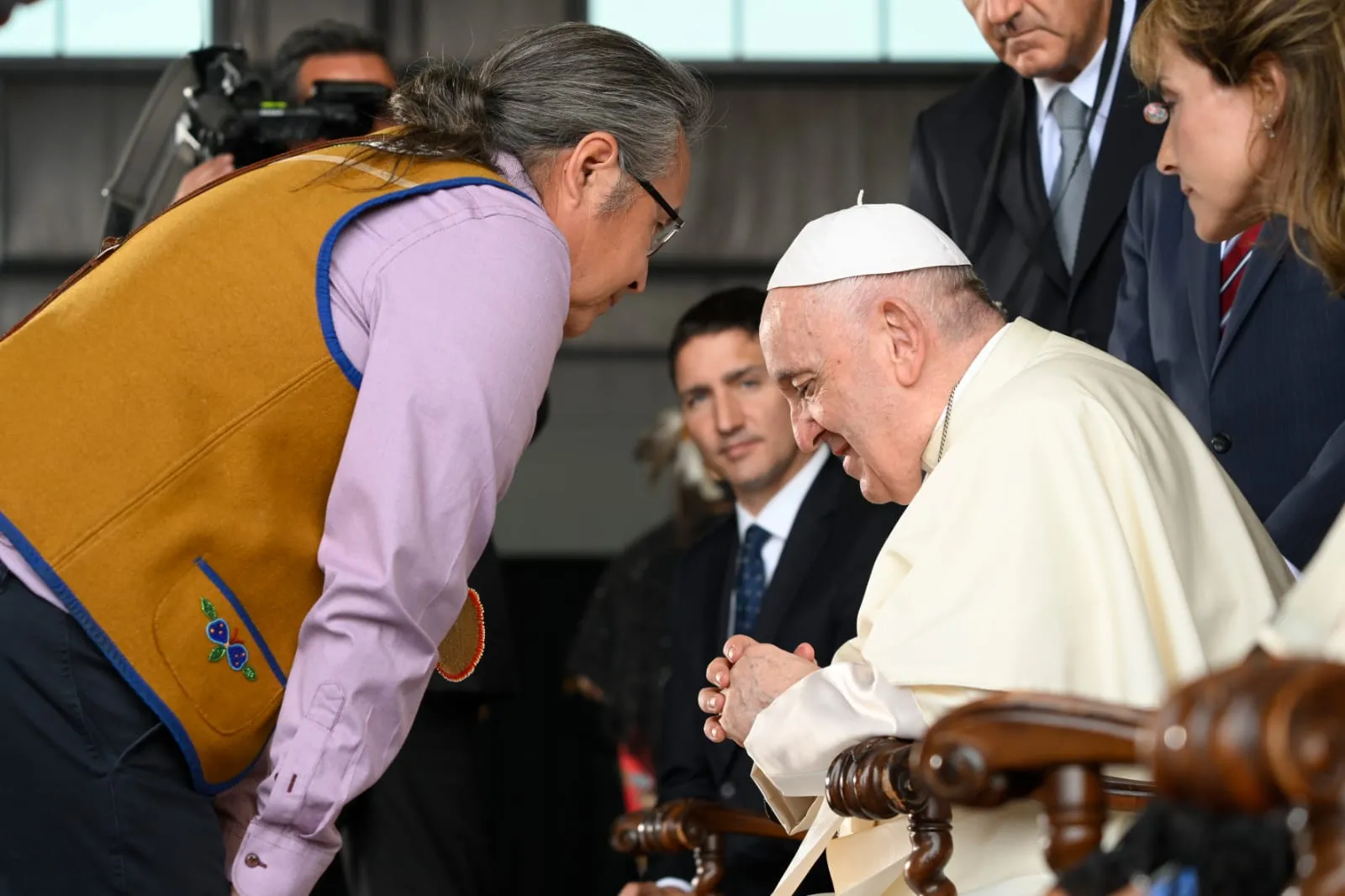
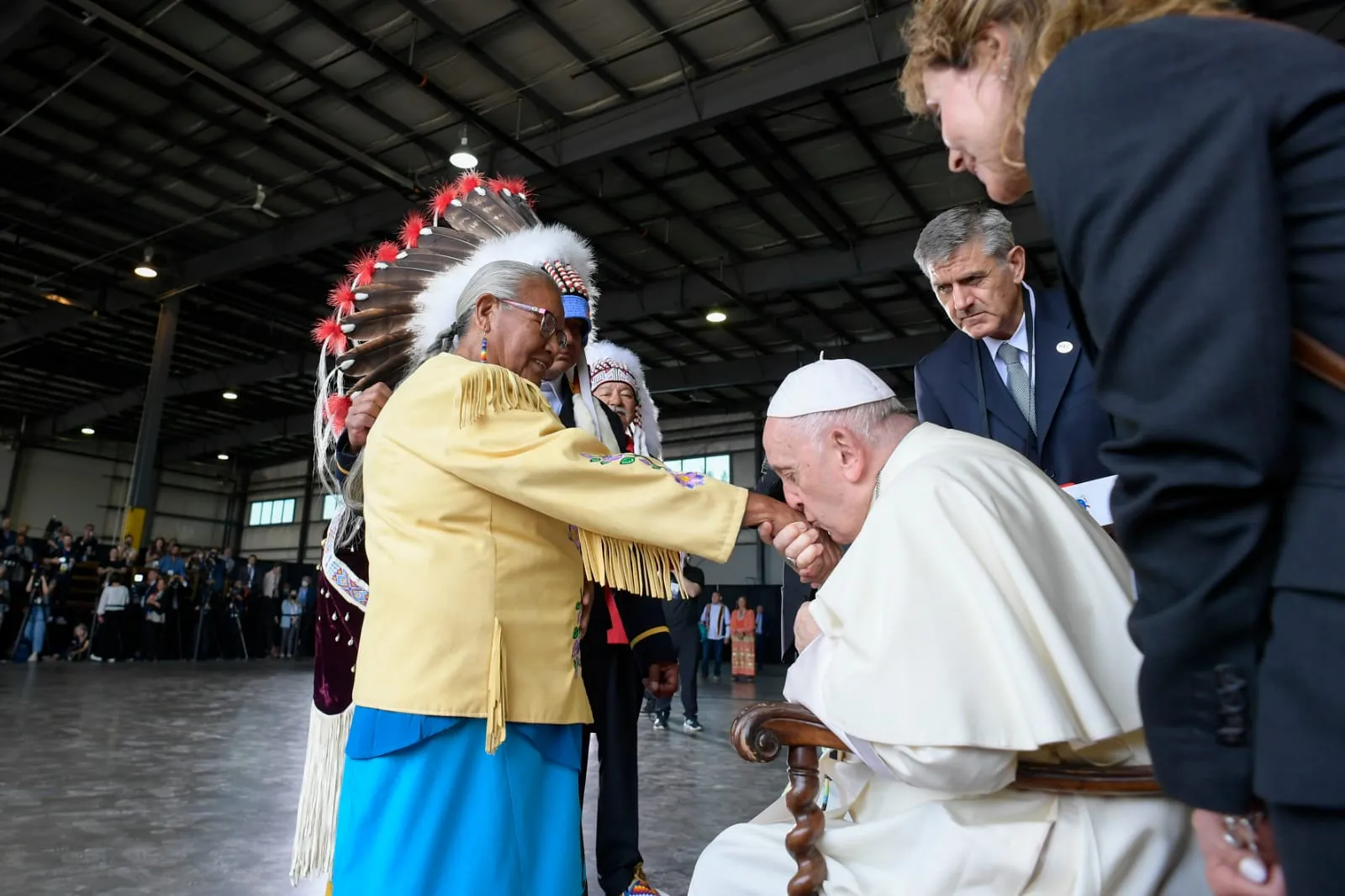
Leave a Reply